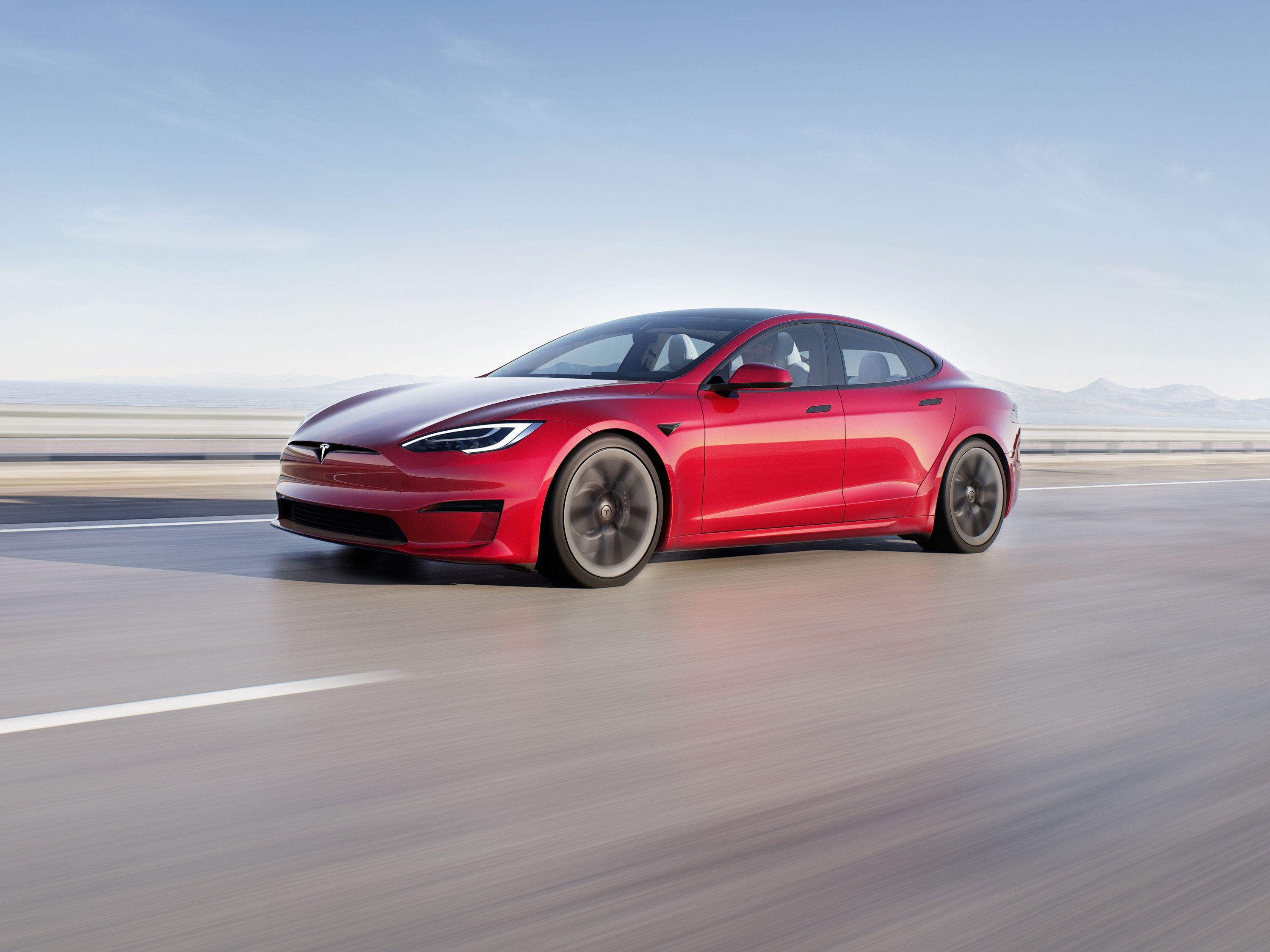
Fully autonomous cars are not here yet but they're coming. Vehicles like the Tesla Model S have helped pave the way forward with its Autopilot system. But different automakers have been offering different timelines as to when this will ultimately happen, and there's still a lot more R&D that needs to happen, as well as safety assurances and government approval. As this technology is being developed, new issues are being discovered that require solutions, and one of the latest discoveries is a bit controversial, to say the least.
According to a new study from the Georgia Institute of Technology, people with darker skin may be more likely to get hit by a self-driving car than those with lighter skin tones. How is this possible? Well, the answer begins with a question the study's authors wanted to find out: How well do the latest object-detection systems used in self-driving cars detect people of different ethnicities?
To get an answer, the researchers examined a large database of pedestrian images and then divided them up according to what's called the Fitzpatrick scale, which is a system for classifying skin tones. The team then analyzed how often these systems correctly detected the presence of people of varying skin tones. In other words, a light-skinned group versus a dark-skinned group.
The results speak for themselves.
The overall detection rate was an average of five percentage points less accurate for the dark-skinned group. What's more, this difference remained even when researchers applied controls for variables like time of day and even obstructed views of those pedestrians.
"We give evidence that standard models for the task of object detection, trained on standard datasets, appear to exhibit higher precision on lower Fitzpatrick skin types than higher skin types," the study's authors concluded. "This behavior appears on large images of pedestrians, and even grows when we remove occluded pedestrians."
The report itself is titled very appropriately "Predictive Inequity in Object Detection," but it's also important to know it has not yet been peer-reviewed, meaning other researchers outside of this group have yet to duplicate the study and then compare those results with the original ones. If those additional findings match, then automakers will quickly need to fix these "racist" detection systems. No doubt this is going to be very interesting.
